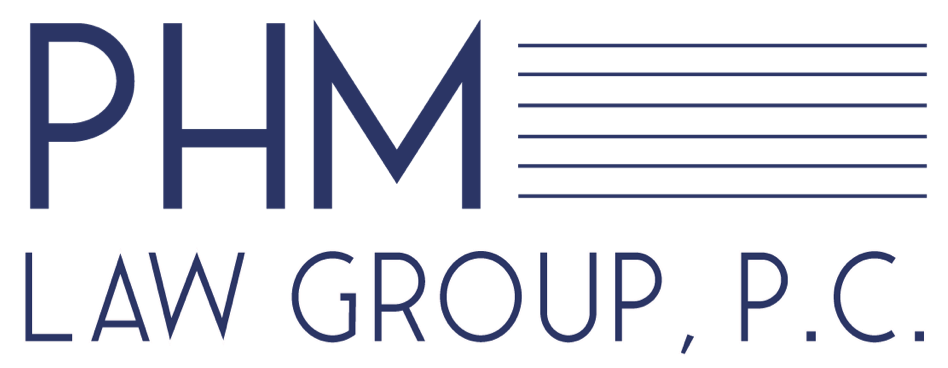Choosing the Right Lawyer
People facing the struggles of family problems often feel overwhelmed by all the questions, frustrations and problems. Among those problems is how to choose the right attorney.
The most frequent sources of attorney recommendations are the advice of friends and the internet. Which to use? Believe it or not the advice of friends can be very helpful. Friends who have experienced similar problems can tell you how responsive their attorneys were, how well informed, how confident, and how closely they listened to your friends. Friends who discuss how mean their attorneys were to the other side are not the ones giving you the best recommendation. However tempting it is to be mean and lash out at someone who has hurt you, the reality is that simply increases the attorney’s fees and rarely allows you to move on with your life, particularly if there are children and another parent with whom you have to co-parent. Good lawyers don’t fight for the sake of fighting. They encourage their clients to be reasonable and they act professionally towards other lawyers.
The internet is also a useful source of information. A good website can introduce you to each of the attorneys, give you their educational background and legal experience, and can give you a feel for the philosophy of the firm. Will this group of people, lawyers and staff included, care about you as an individual? Will they listen to your particular problems, and help you figure out practical solutions? Will they be timely in all the paperwork issues that many cases entail? Beware of reviews on websites unless you are sure that the reviewers are actual clients of the law firm. Negative reviews of lawyers may come from adverse parties, who understandably are unhappy with the other side’s lawyers. Judges know who the “junk yard dog” lawyers are and they often don’t get good results even though they claim to be “fighting” for you.
After you have gotten some recommendations, check out Martindale.com. This website lists ratings of firms and lawyers by other lawyers who are in the best position to know whether a certain lawyer or law firm is competent. If the lawyer you are looking at has no rating, it may be because they have received a lower rating and have asked that their rating not be listed.
Once you have considered your possible choices, face-to-face appointments are a must. It is important to decide if the person you hire is someone with whom you feel comfortable; someone who understands the issues you face, and will listen to you throughout the process. Was the process explained to you in your meeting? Were your options clear? Did you feel pressured to make an immediate choice?
Once you have chosen the attorney you wish to hire, you should be presented with a written contract which spells out your obligations to the firm and the firm’s obligations to you. READ the contract. Don’t just sign something because it’s been handed to you by a lawyer. If you need time to read and understand it, a good attorney will understand and give you the contract to take with you.
Expect to pay a retainer. A retainer is money which is put into a trust account to assure the payment of the attorney’s fees. Most contracts will contain a procedure to keep the trust account funded so that you are not faced with a big bill at the end of the case.
Litigation, or going to court for hearings and trials, can be expensive. A good attorney will encourage you to consider reasonable settlements. A reasonable settlement is one where both sides of the case are treated fairly. Of course the definition of fair looks different from each side of the lawsuit. If both parties come out okay, then the settlement is fair. If one party feels cheated or abused, then it may not have been a fair resolution and the conflict will continue.
Good lawyers make the process easier. It is never easy, but can be easier.
Kit Petersen
